IS035 - Machine Learning for Multiphysics Material Modeling
Keywords: Material Modeling, Multiphysics, Numerical Methods, Physics-Augmented Machine Learning
Constitutive modelling of multiphysical material behaviours such as thermo-, electro-, magneto-, hydro-, or chemo-mechanics is particularly challenging, since for coupled phenomena the material behaviour is often highly nonlinear and there is usually scarce experimental data so that the functional relationships might be unclear. In recent years, the formulation of constitutive models using highly flexible machine learning and surrogate modelling methods such as artificial neural networks and deep learning, Gaussian processes, radial basis functions, clustering methods, etc. has gained momentum. However, especially for multiphysics the field is still in its infancy and many challenges remain to be addressed for machine learning-based material models, such as their accuracy, reliability and physical soundness, their efficiency, the consideration of parametric dependencies or uncertainties, etc.
Thus, this minisymposium aims to gather experts and contributions in multiphysical material characterization, modelling and machine learning. In particular, the areas of interest include, but are not limited to:
• Material models for coupled, multiphyiscal material behaviours such as thermo-, electro-, magneto-, hydro-, or chemo-mechanics
• Material models based on feed-forward, deep, recurrent, convolutional, graph and other types of neural networks, or Gaussian processes, radial basis functions, clustering methods, etc.
• Models for energy conserving as well as dissipative material behaviours
• Physics-enhanced/informed/augmented machine learning for thermodynamically consistent, physically, and mathematically sound material models
• Experimental characterization and numerical data generation for microstructured and meta-materials
• Consideration of parametric dependencies, uncertainties, adaptivity, error estimates, etc. in machine learning methods for material modelling
• Efficient implementation in numerical discretization schemes and application of machine learning methods for multiphysics simulations

